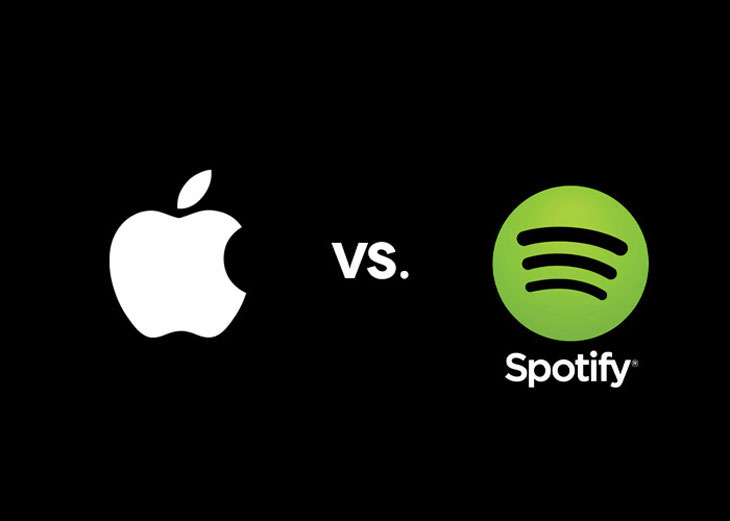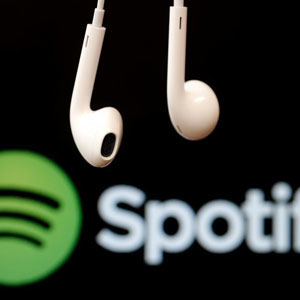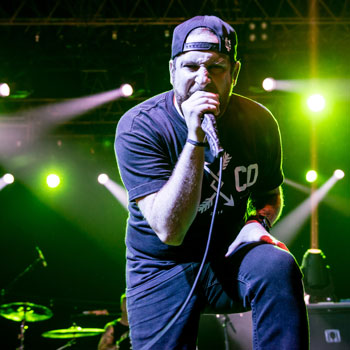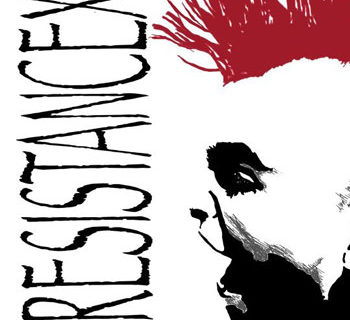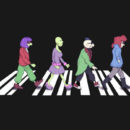You Can’t Sell Music
About 130 years ago Thomas Edison recorded a sound and made the life of a musician much more complicated. What once was a simple trade, performing for hire, became a century-long hunt for a sustainable business model that satisfies the needs of musicians, consumers, and business executives alike.
Perhaps this industry is constantly scrounging for a solution because buying music doesn’t really make any sense. It never has. Bear with me while I lead you down a rabbit hole of abstract economic speculation; a song is intangible and its ephemeral life is not worthy of a single dollar because you cannot own it. Sound waves pulse the air, are absorbed by objects, vibrate into heat, and then they’re gone, so buying a digital file of a song doesn’t feel like you’ve gained anything.
Throughout the 20th century we were sold neatly packaged products that spun on a turntable or Discman. They included artwork, lyrics, notes, interviews, and that ever-so-rewarding-to-unwrap cellophane that we consumers get a rush from conquering. They offered us value in a product we could hold and let friends borrow, but in 2003 iTunes rendered these products more or less irrelevant. Whether you purchase a digital album on iTunes ($9.99) or subscribe to a streaming service like Spotify ($10 per month), you are simply paying to listen to music. If once a month you listen to a new album, streaming affords you more value. This is why the current iTunes model will fail, falling prey to systems that offer more value like Spotify and whatever comes next.
a song is intangible and its ephemeral life is not worthy of a single dollar because you cannot own it.
But what does this all mean for musicians? If the system doesn’t meet their needs and reward their efforts then it is just another Band-Aid that will eventually be torn away. In typical Internet fashion, let's oversimplify the economics of the industry and break it all down. In the olden days of album sales, artists would net approximately $1 per album. Now a song play will yield about $0.007 and an iTunes track purchase $0.82 on average. Some simple math shows that about 117 song plays over the course of a lifetime will equal a purchase of a song.
This is where streaming services get really interesting. While the current royalty rates may need fine tuning, I think the model poses great change for this industry in two important ways: by rewarding artists whose work is timeless and allowing listeners to access a new artist or album without risking a dime on whether or not they’ll like it.
The streaming system rewards those artists whose songs are timeless and don’t just play into trends because loyal fans will stream their albums over and over again. The cumulative listens over years work out better than an album purchase. For the little-guys—those who skirt the edges of the mainstream—paid streaming shows potential as an improvement over the purchase model.

